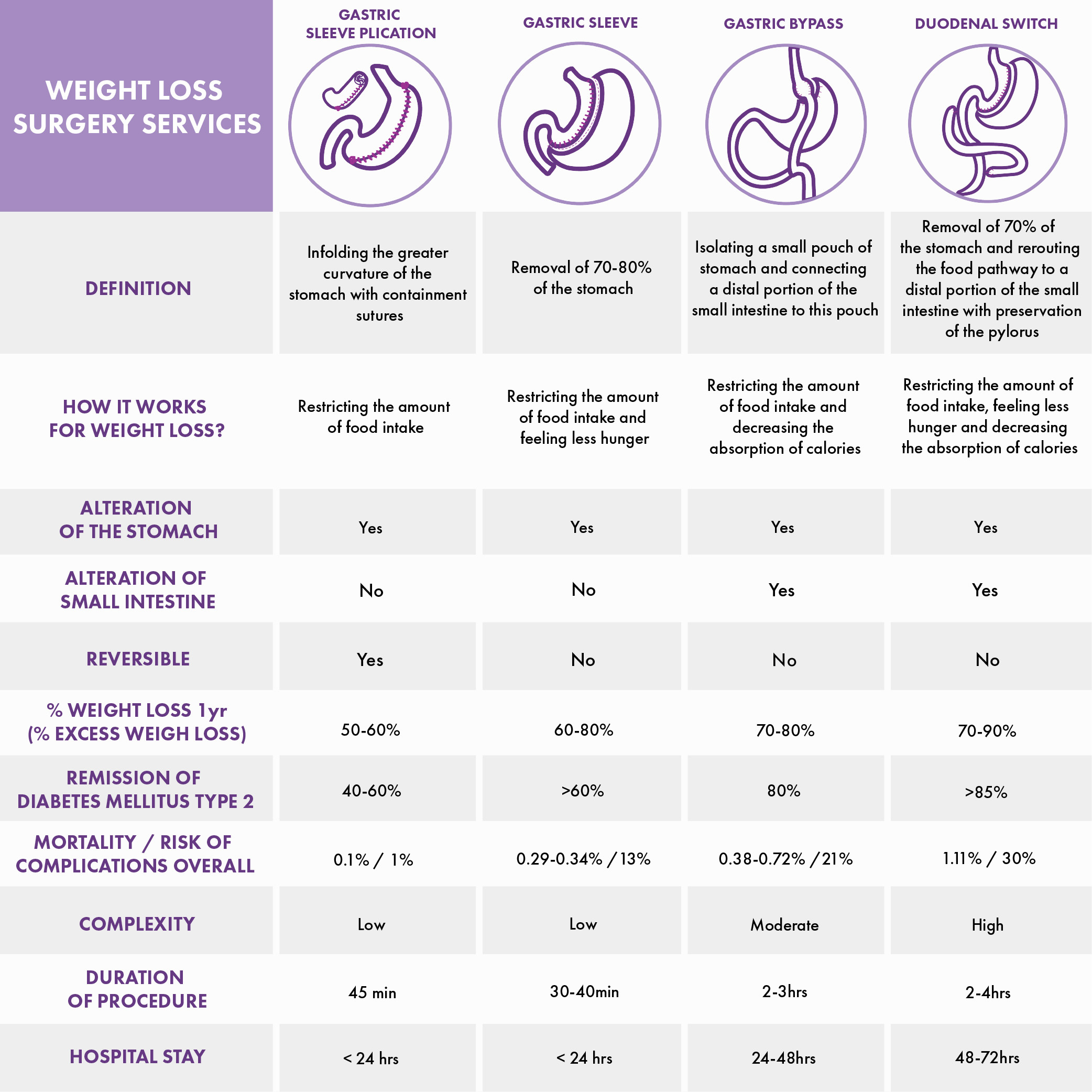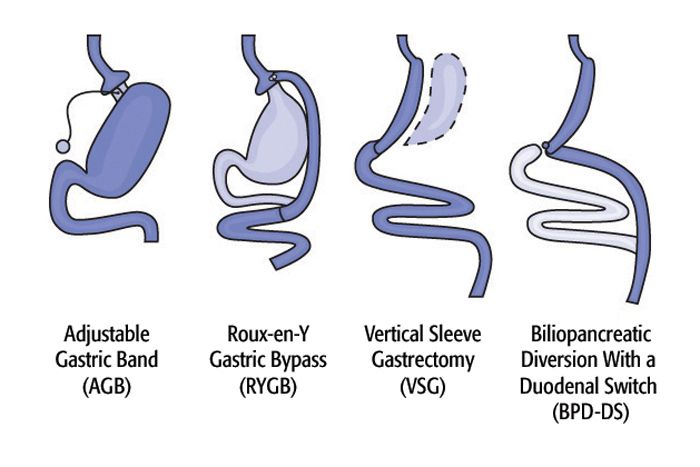Bariatric Surgery Is Suggested For Weight Loss If Youre Obese Overweight With High Bmi Above 29 9

Bariatric Surgery Tool Bmi Best Expected Weight Loss Calculator Insufficient bmi: bariatric surgery is typically recommended for individuals with a body mass index (bmi) of 40 or higher or a bmi of 35 or higher with significant obesity related health issues, such as type 2 diabetes or high blood pressure. if a patient’s bmi does not meet these criteria, they may not qualify for the surgery. Bariatric surgery is the umbrella term for a variety of procedures that help with weight loss. these surgeries work mainly by changing the anatomy and size of the stomach to limit the amount of food you take in, and, in some cases, by altering your digestion process to improve fat metabolism. some procedures impact the production of intestinal.

Tijuana Weight Loss Surgery Bariatric Surgery Clinic In Mexico Vida Bmi is a formula that uses weight and height to estimate body fat. weight loss surgery might be an option for an adult with a bmi of 40 or higher. the surgery may also be an option for an adult who meets these three conditions: bmi of 35 or higher. at least one obesity related medical condition. at least six months of supervised weight loss. Both are done laparoscopically, with complication rates less than 5%, and an average hospital stay of one to two days. both procedures are effective and durable. one year after surgery in a typical patient, the average weight loss is 80 to 100 pounds for sleeve gastrectomy, and 100 to 150 pounds after gastric bypass. Weight loss surgery eligibility. insurance companies generally consider you eligible for weight loss surgery coverage if: your bmi is 40 or more or. your bmi is 35 to 40 and you have a major health complication such as: diabetes. cardiovascular disease, including high blood pressure, high cholesterol, or significant heart disease. Bariatric surgery, also called weight loss surgery, is a category of surgical operations intended to help people with obesity lose weight. healthcare providers may recommend bariatric surgery if other weight loss methods have failed and if obesity appears to pose a greater risk to your health than surgery.

Bariatric Surgery Weight Loss Surgery Options Live Science Weight loss surgery eligibility. insurance companies generally consider you eligible for weight loss surgery coverage if: your bmi is 40 or more or. your bmi is 35 to 40 and you have a major health complication such as: diabetes. cardiovascular disease, including high blood pressure, high cholesterol, or significant heart disease. Bariatric surgery, also called weight loss surgery, is a category of surgical operations intended to help people with obesity lose weight. healthcare providers may recommend bariatric surgery if other weight loss methods have failed and if obesity appears to pose a greater risk to your health than surgery. Your bmi is 35 to 39.9, called obesity, and you have a serious weight related health problem, such as type 2 diabetes, high blood pressure or severe sleep apnea. in some cases, you may qualify for certain types of weight loss surgery if your bmi is 30 to 34 and you have serious weight related health problems. Understanding the types of weight loss surgery. bariatric surgery might be categorized into types, including restrictive surgery, malabsorptive surgery, combination mixed, and reduction of hunger hormones. restrictive surgery is effective for weight loss because it reduces the size of the stomach.

Comments are closed.